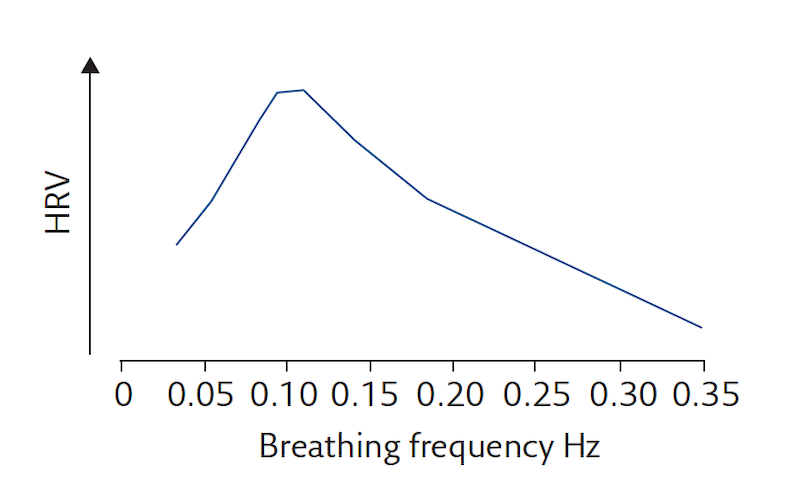
Long smooth exhalations (LSE) regulate and tune the autonomic nervous system. Long smooth exhalations also positively influence our social engagement system and dampen excessive subconscious assessments of perceived threat.
Neuroception is the term used to describe the subconscious process of threat detection. This term was first coined by Stephen Porges – the psychophysiologist who developed Polyvagal Theory. Neuroception feeds into the affective tonality of the organism. This neurophysiological response to threat initiates a sequence of neural processes that trigger fight, flight, or freeze responses.
Stress responses associated with fight and flight, such as increased heart rate and cortisol release mediated by the sympathetic nervous system and hypothalamic-pituitary-adrenal axis, are dampened when we sense a return to safety. This may prevent us from entering physiological states which are characterised by massive drops in blood pressure and heart rate, fainting, and apnea – states which can produce freeze and shutdown responses.
The practice of relaxed breathing patterns can shift us from needless states of arousal and vigilance into ’safe’, receptive and prosocial states.
When applied intelligently, long smooth exhalations can support the transition into a ‘safe’ state by dampening sympathetic tone and enhancing heart rate variability (HRV) – all preconditions for positive intersubjective qualities like compassion and empathy.
FEATURED IMAGE:
M.A. Russo et al. The physiological effects of slow breathing in the healthy human (2017).
